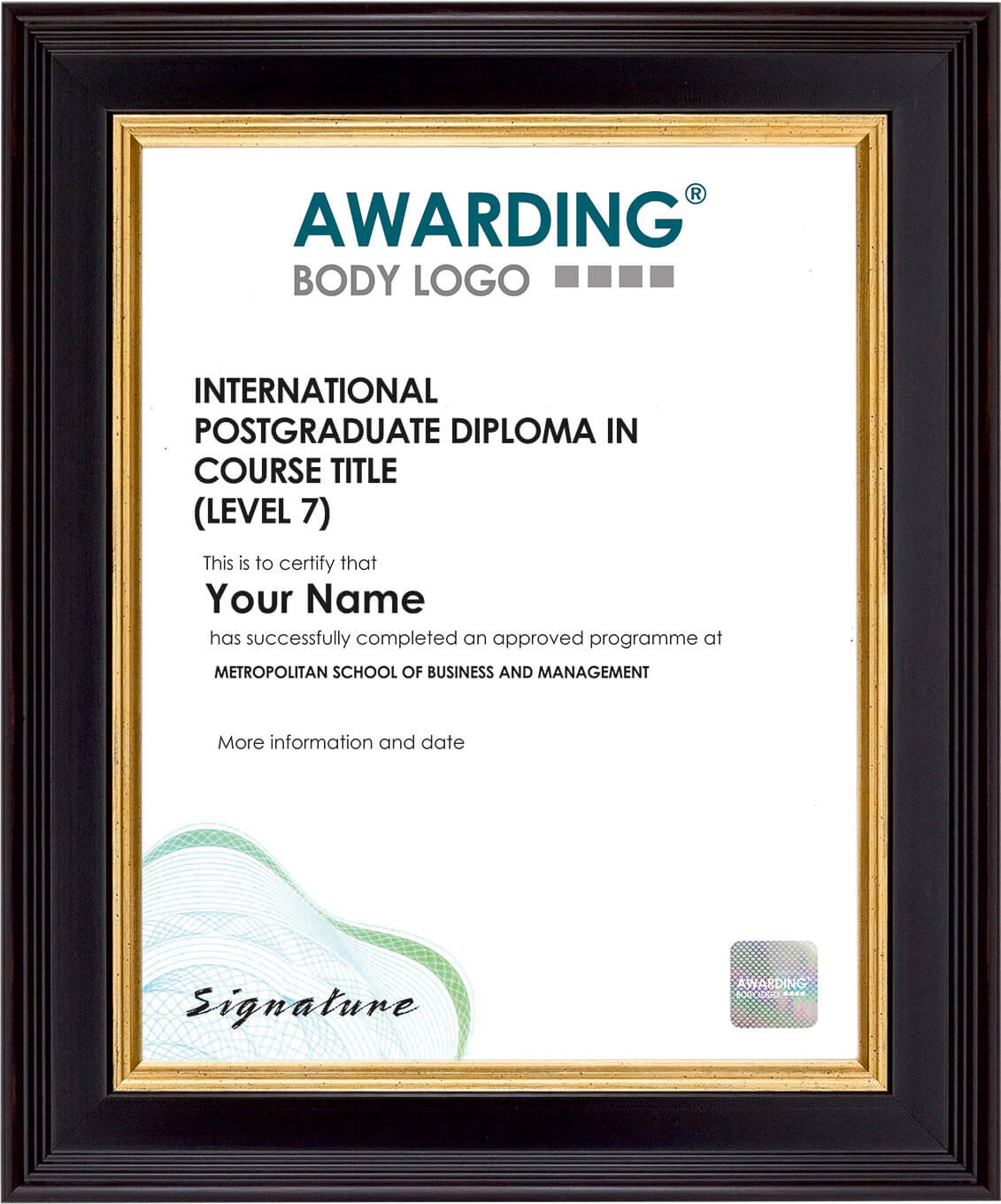International Postgraduate Diploma in Leading in Education Sector
The International Postgraduate Diploma in Leading in Education Sector equips professionals with advanced leadership skills and a global perspective. The program focuses on innovative educational strategies, policy development, and effective management practices. Participants will engage in cutting-edge research and practical applications to drive excellence and transformative change in educational settings worldwide.
Focusing on practical experience, the course goes beyond traditional lectures, incorporating real-world scenarios, business simulations, and 100% project-based learning. This hands-on approach enables participants to apply new skills in a safe setting before transitioning to real-world situations.
The IPGD in Leading in Education Sector can be completed in 9 months, offering a quick pathway to career advancement and new opportunities.
The diploma combines theoretical concepts with practical experience, equipping learners to address complex operational issues confidently and effectively.
Accreditation
All MSBM courses are accredited by the relevant partners and awarding bodies. Please refer to MSBM accreditation in about us for more details.
University Progression
University Top-upOn completion of this course, students have the opportunity to complete a Master degree programme from Partner University. The top-up programme can be studied online or on campus. The top-up comprises the final 60 credits which consist of either a dissertation or a dissertation and one module.
(The course tuition fee listed above does NOT include the top-up fee)
University Progression
Click here to see University routes and fee information for progression.
Entry Requirements
For entry onto the International Postgraduate Diploma (IPGD) in Leading in Education Sector qualification, learners must possess:
- An honours degree in a related subject or the UK level 6 diploma or equivalent overseas qualification, i.e. Bachelors Degree or Higher National Diploma.
OR
- Mature learners (over 25) with at least five years of management experience if they do not possess the above qualification (this is reviewed on a case-by-case basis).
Course Modules
This module provides the most critical information about the study course and assignment submission.
The aim of this unit is to provide learners with a thorough understanding of the link between current educational research and practice by developing an understanding of educational theory, policy and practice.
The aim of this unit is to develop learners’ understanding of ways in which educational leadership and management can provide support during the process of change, developing leadership in the learners’ own educational context.
The aim of this unit is to develop learners’ understanding of the importance of managing intercultural communication and perspectives that help to determine educational policy applicable to national and international contexts.
The aim of this unit is to develop learners’ theoretical and practical grounding in approaches to teaching and learning, related to subject pedagogic knowledge and pedagogic practices.
The aim is this unit is to develop learners’ understanding of reflective practice in order to apply this to their and other’s roles in an educational context, leading the planning for personal development.
The aim of this unit is to develop learners’ research skills to include understanding different research approaches, formulation of research proposals, planning research activity, analysing and interpreting data, and the relationship between research and evidence-based practice.
Workshops
This is a self-study programme with unlimited tutor support. You will never be more than a message or phone call away from our tutors.
Workshops are conducted by live webinars for online students.
Classroom workshops are available if there is a local branch in your country. Speak to our course advisors on this subject.
Visa Requirements
There is no Visa requirement for this programme.

































